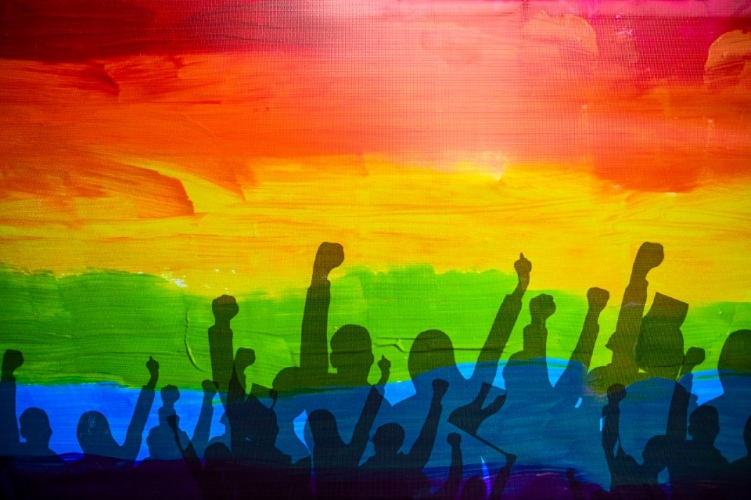Homosexuals often met excessive punishments before the introduction of the Inquisition. In 1559, even before the introduction of the Goan Inquisition, the viceroy Braganca burnt five men alive publicly for homosexuality, which spread terror and fear in the city

August 28 marked the 196th birthday of Karl Heinrich Ulrichs, a pioneer of the modern gay rights movement. It is also the feast day of St Augustine, who played a crucial role in determining the western Christian attitude toward sexuality.
It is an occasion to remember the forgotten LGBT people of early modern Goa, among the most persecuted minorities in colonial Goa, with homosexuals often meeting with excessive punishment as early as in the mid-16th century.
The colonial aim was to create a “Sodomy-free society” by creating stigma, terror and fear around same-sex acts. The hatred was justified through religion; it was canonised through the institutions of secular justice and the Holy Inquisition.
LGBT people were often arrested, imprisoned, put to the Inquisition, goods and assets confiscated, admonished, publicly flogged through the streets until the effusion of blood, put to torment, made to pay the costs of the Inquisition, disowned by their own family and friends, condemned to auto-da-fe’ (confession of faith) and death, burnt alive, made into dust, family shamed, degraded, made as a galley slave (even lifetime, mostly unpaid, rowing/paddling the ship), perpetually exiled to the distant lands etc.
In the case of clergy, along with any of the punishments above they could be expelled from the order, their holy orders revoked, disciplined, deprived of active voice, confined into the monastic prisons, etc.
The root of this hatred lies in homophobia – the unjust fear for the same sex attracted people. They were labelled as ‘Sodomites’, ‘Committers of Nefarious Sin’, ‘Fanchonos’, etc. This homophobic bloodthirstiness which lacked all empathy compelled them to choose either compulsory celibacy or a heterosexual lifestyle.
In this climate of antipathy, many of them led a double life where they continued the expression of their sexuality in secret. The cases of the Augustinian friar Bernardo Serrao (A mestico, he was expelled from the order and relaxed to the capital punishment) and Miguel Tremasao from Goa (a married man who served in the Chamber of the King of Portugal) illustrate it.
Homosexuals often met excessive punishments before the introduction of the Inquisition. In 1559, even before the introduction of the Goan Inquisition, the viceroy Braganca burnt five men alive publicly for homosexuality, which spread terror and fear in the city.
Harshness and severity of homophobia was tempered by the Inquisition and in the case of Joseph Pereira Menses, the captain of Diu, who was falsely accused of sodomy, the meticulous procedures of the Inquisition released him from the false accusations. However, we can never forget the institutionalised homophobia carried out through the Inquisition.
St Francis Xavier, one of the first westerners to record homosexuality in Japan, took a disapproving rather than a persecuting tone towards it. Around 1606 or 1607, Turun Shah, the prince of Hormuz, was condemned by Archbishop Menses to be burnt alive for sodomy and his treasury was confiscated.
The prince begged to have his life spared and he promised to build churches in expiation of his sin. But nothing relented the archbishop. This extremity was even disapproved by the high court and all notables of Goa as well as the king of Spain himself. Owing to the efforts of the Jesuits, the punishment was reduced and while he was not burnt alive, he was beheaded.
Along with this prince, an unnamed young scholar, a mestico (person of mixed racial ancestry of Portuguese and Indian) was also condemned. He was put in a barrel and cast into the sea.
Even today, LGBT people are thrown into the sea of misery by casting them inside the barrel of hatred, prejudice and closed-mindedness. Homophobia kills the dreams and desires of these hearts. What hatred had lost in the past, mercy and empathy can gain in the present.
(The writer is a Goa-based researcher on the Carmelite religious congregation)